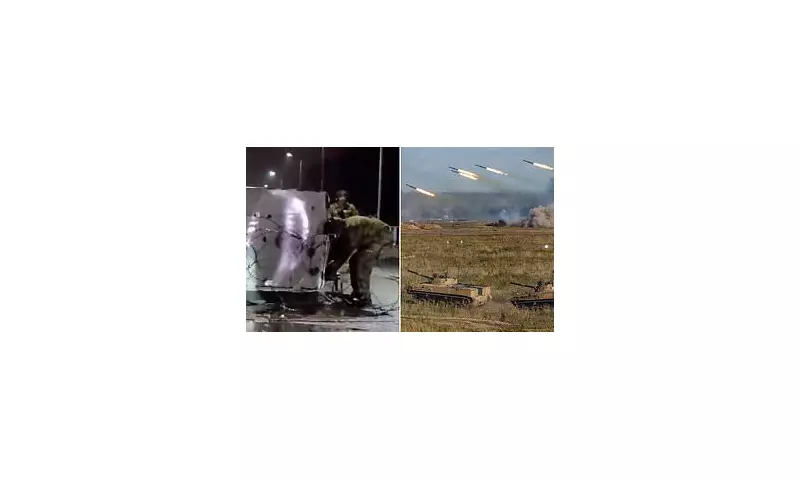
The largest joint military exercises between Russia and Belarus, known as 'Zapad-2021', are now underway, casting a long shadow over Eastern Europe. The massive mobilisation of forces, taking place alarmingly close to NATO borders, is being viewed by Western officials as far more than a simple training drill.
The scale of the operation is staggering. Official figures from Moscow claim 200,000 personnel are involved, a number that NATO suspects may be significantly underreported to avoid scrutiny under international arms treaties. The games feature a formidable arsenal, including fighter jets, attack helicopters, and the deployment of nuclear-capable Iskander missile systems.
A Theatre of Tensions on the Alliance's Flank
The strategic location of the drills is causing deep concern. Concentrated in western Belarus and Russia's Kaliningrad exclave, the activities border NATO members Poland, Lithuania, and Latvia. This positioning puts a sharp focus on the Suwalki Gap, a narrow but critical stretch of land connecting the Baltic states to the rest of the NATO alliance, which military analysts have long considered a potential flashpoint in any future conflict.
NATO leadership and member states are watching with heightened vigilance. The alliance has accused Moscow of using the exercises as a smokescreen for a permanent military build-up, potentially leaving troops and advanced hardware in Belarus long after the games conclude. This tactic is seen as a classic element of hybrid warfare, blurring the lines between exercise and actual aggression.
Western Response and Condemnation
In response to the provocations, NATO has initiated its own, albeit smaller, exercises in the region. The Polish government has been particularly vocal, condemning the Zapad drills as an aggressive act intended to intimidate its neighbours. The UK Ministry of Defence, alongside its allies, is closely monitoring the situation, analysing the movements for any sign of a genuine threat masquerading as training.
The exercises are scheduled to run for a week, during which time the intelligence agencies of NATO nations will be working overtime to track every deployment and communication. The fear is that these war games could be used as a pretext for a sudden, manufactured crisis or a permanent alteration of the security landscape in Eastern Europe, leaving the West with a new, fraught reality on its doorstep.





